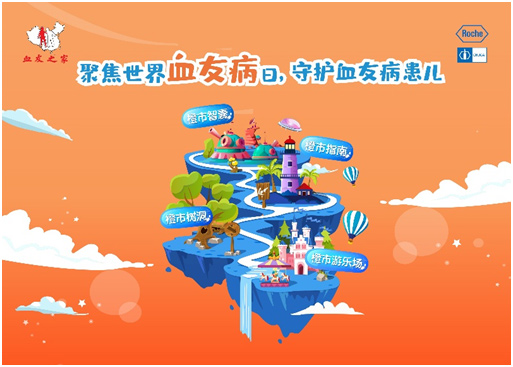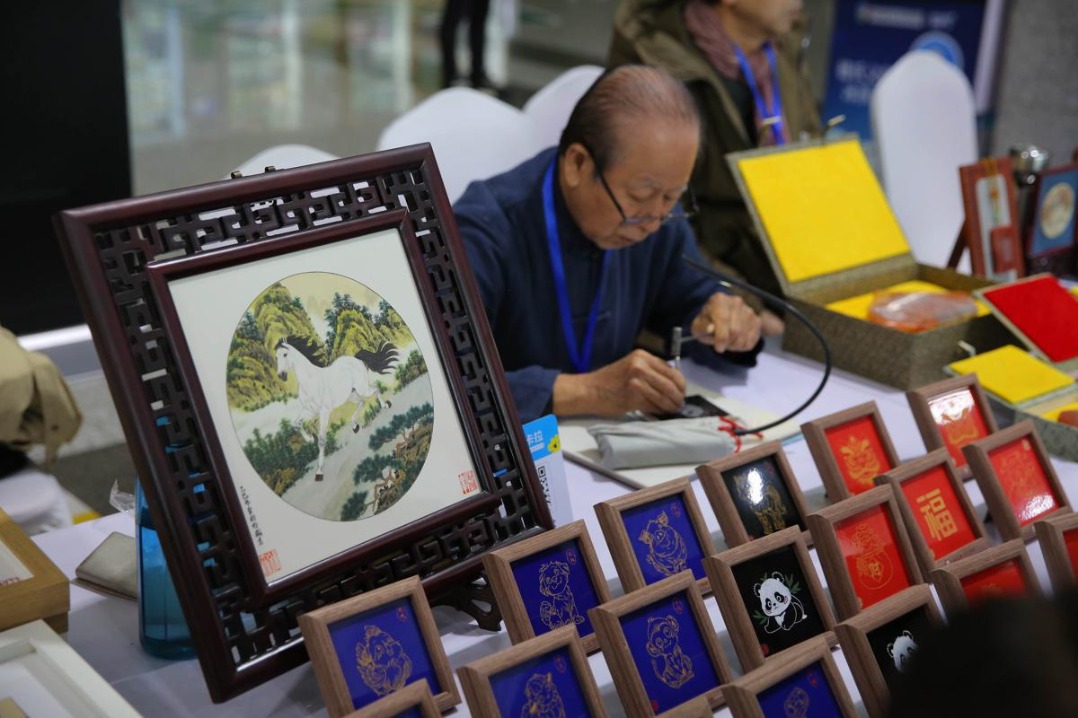Hemophilia guide, online community launched

The first Family Guide for Hemophilia was launched on Friday to raise awareness of the disease and to mark World Hemophilia Day, which fell on Friday.

Initiated by the Hemophilia Home of China, a domestic hemophilia patients' charity group, and supported by Roche Pharmaceuticals China, the booklet and the public education aims to help more patients who may not be receiving proper care, especially young children, receive better treatment and live a better life.
Meanwhile, a think tank group initiated by the Hemophilia Home of China, joined by Yang Renchi, a professor at the Institute of Hematology and Blood Diseases, Chinese Academy of Medical Sciences, and Wu Runhui, Beijing Children's Hospital hematology specialist, will provide professional care to hemophilia patients.
According to Yang, the think tank aims to guide prevention and treatment, physically and psychologically. The booklet is the nation's first to provide guidance on daily diet, care, exercises and psychological care for hemophilia patients receiving treatment and rehabilitation at home. It will be updated with new information and with input from patients as needed.
Guan Tao, the Chairman of Hemophilia Home of China, launched an online hemophilia patients' community on Friday to provide another platform to spread knowledge of the disease in a way easier accepted by the public. According to Guan, Hemophilia Home works with more than 8,000 registered hemophilia patients.
There are 136,000 hemophilia patients in China and as many as more than 30 percent of them receive treatments rarely because of low public awareness of the disease and the high cost of treatment. Nearly half of patients under 14 become disabled, while as many as 90 percent of those above 18 years old become disabled.
Currently, the most common treatment is to inject clotting factor concentrates into a patient’s vein to replace the missing blood clotting factor. But about 10-30 percent of patients receiving clotting factor concentrates will develop the prevalence of FVIII inhibitor, a blood protein involved in clotting, and may suffer a 70 percent of risk of death compared with those without clotting factor concentrates.
According to Wu, HEMLIBRA is the first non-factor drug to treat hemophilia and clinical trials show only 0.3 percent of patients developed annualized bleeding in 58 weeks after receiving the drug weekly, and no patients bled for more than three weeks due to the treatment. The drug can effectively reduce bleeding and the disability rate of patients at all ages, with prevalence or not.
Hemophilia is usually an inherited bleeding disorder in which the blood does not clot properly and leads to spontaneous bleeding, as well as bleeding following minor injuries. The disease is caused by a mutation in one of the genes that provides instructions for making the clotting factor proteins needed to form a blood clot. Hemophilia patients are mainly males because the mutated genes are located on the X chromosome they inherit from their mother.
Since 1989, World Hemophilia Day is marked annually on April 17 to raise awareness and understanding of hemophilia and other bleeding disorders. The date was chosen in honor of World Federation of Hemophilia founder Frank Schnabel, who was born on that day.
- Shenyang winter expo showcases intangible cultural heritage
- China moves to set out clear standards for premade dishes
- China Coast Guard saves 13 Filipino sailors after cargo ship capsizes
- Hubei's intangible cultural heritage charts a course for global influence
- Chinese study opens the door to more efficient AI chips
- Chinese researchers develop self-powering pacemaker



































